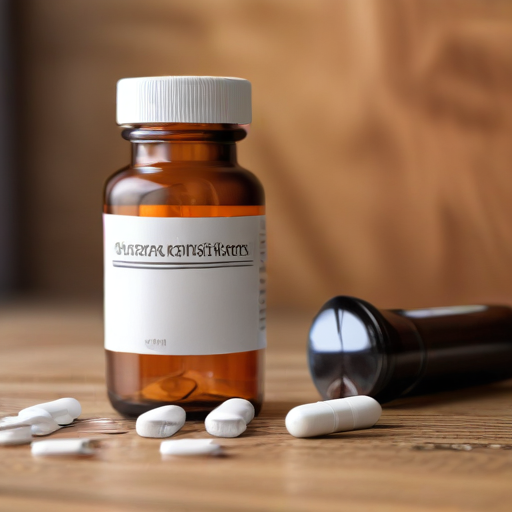A recent report from the House Committee on Oversight and Accountability highlights the troubling practices of pharmacy benefit managers (PBMs), suggesting they are directing patients toward more expensive medications while restricting their pharmacy options. This report follows a thorough 32-month investigation in preparation for an upcoming hearing involving executives from the largest PBM firms.
PBMs serve as intermediaries for prescription drug plans associated with health insurers, negotiating prices with pharmaceutical companies and determining out-of-pocket costs for patients. The three largest PBMs—Express Scripts, OptumRx (part of UnitedHealth Group), and Caremark (owned by CVS Health)—control approximately 80% of all U.S. prescriptions.
The committee’s findings reveal that these managers maintain preferred drug lists that favor higher-priced brand-name drugs over more affordable alternatives. An example cited in the report is a case involving Cigna staff discouraging the use of less expensive alternatives to Humira, a treatment for arthritis that could cost patients up to $90,000 annually, despite the availability of a biosimilar option priced at half that amount.
Moreover, Express Scripts has been accused of informing patients that obtaining prescriptions from local pharmacies would incur higher costs than ordering a three-month supply through their affiliated mail-order service. This practice limits patient choices regarding where they can fill their prescriptions.
A recent interim report from the U.S. Federal Trade Commission echoes these concerns, stating that the concentration of power among the six largest PBMs allows them to manage nearly 95% of U.S. prescriptions. The FTC warned of significant conflicts of interest, suggesting that vertically integrated PBMs could prioritize their own affiliated businesses, disadvantaging independent pharmacies and leading to increased drug costs.
FTC Chair Lina M. Khan emphasized the implications of these findings, asserting that these middlemen are contributing to elevated prices for essential drugs such as cancer treatments, generating additional profits exceeding $1 billion.
While these findings paint a concerning picture of the pharmaceutical partnership and pricing mechanisms in the United States, there is hope for change. Increased scrutiny on PBMs might lead to regulatory reforms that can enhance transparency, lower costs for patients, and maintain a competitive market that benefits both consumers and independent pharmacies. A growing public awareness of these issues could also prompt necessary interventions that protect patients’ interests.
